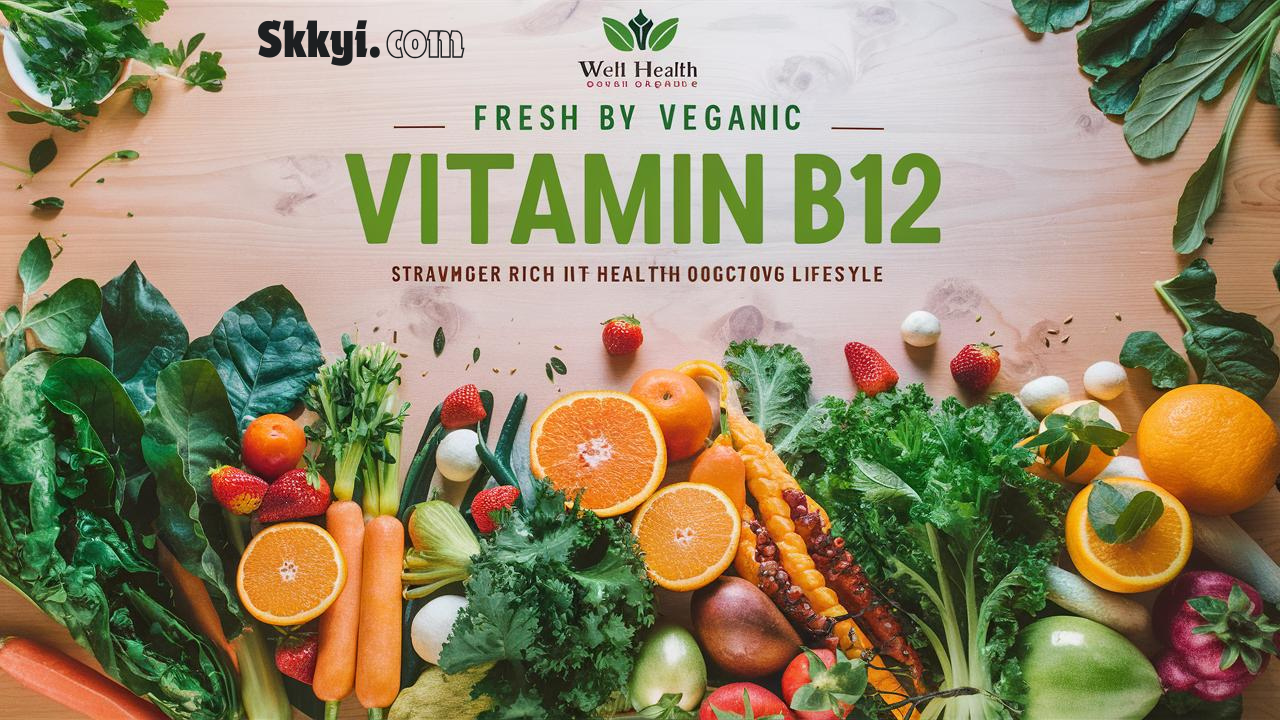Introduction
Protein is an essential nutrient that plays a crucial role in various bodily functions, including muscle repair, hormone production, and immune support. Recently, it has gained attention for its potential to aid in weight loss. Understanding how protein can help you lose weight involves exploring its effects on metabolism, appetite control, and body composition. This article delves into the mechanisms behind protein’s role in weight management, offers practical tips for incorporating more protein into your diet, and provides insights from experts in nutrition and fitness.
Understanding Protein and Its Importance
What is Protein?
Protein is a macronutrient composed of amino acids, which are the building blocks of the body. There are 20 different amino acids, nine of which are essential, meaning they must be obtained through diet as the body cannot produce them.
Functions of Protein in the Body
- Muscle Repair and Growth: Protein is critical for repairing and building muscles, especially after exercise.
- Enzyme Production: Proteins act as enzymes that catalyze biochemical reactions.
- Hormonal Balance: Certain hormones are proteins or peptides, playing vital roles in bodily functions.
- Immune System Support: Antibodies are proteins that help defend against infections.
Protein and Weight Loss: The Connection
How Protein Affects Metabolism
Protein has a higher thermic effect of food (TEF) compared to fats and carbohydrates. TEF refers to the energy required to digest, absorb, and metabolize nutrients. Protein’s TEF ranges from 20-35%, which means consuming protein can increase calorie burning.
Protein and Appetite Control
- Satiety Hormones: Protein influences the production of hormones like ghrelin and peptide YY, which promote feelings of fullness and reduce hunger.
- Reduced Cravings: High-protein diets have been shown to reduce cravings and decrease the desire for late-night snacking.
Protein’s Role in Preserving Lean Muscle Mass
When losing weight, it’s essential to maintain lean muscle mass. Protein supports muscle retention during calorie restriction, which is crucial for sustaining a healthy metabolism.
Types and Sources of Protein
Animal-Based Proteins
- Meat: Beef, chicken, pork, and lamb are rich sources of complete protein.
- Fish and Seafood: Salmon, tuna, and shrimp provide high-quality protein and healthy fats.
- Dairy Products: Milk, cheese, and yogurt are excellent protein sources and contain calcium and probiotics.
Plant-Based Proteins
- Legumes: Beans, lentils, and chickpeas offer substantial protein and fiber.
- Nuts and Seeds: Almonds, chia seeds, and flaxseeds are protein-rich and contain healthy fats.
- Soy Products: Tofu, tempeh, and edamame are versatile plant-based protein options.
Protein Supplements
- Whey Protein: Derived from milk, it’s quickly absorbed and ideal post-workout.
- Casein Protein: Also from milk, it digests slowly, making it suitable for nighttime use.
- Plant-Based Protein Powders: Made from peas, rice, or hemp, they cater to vegans and those with dairy allergies.
How to Incorporate More Protein Into Your Diet
Breakfast Ideas
- Egg-Based Dishes: Omelets, scrambled eggs, and egg muffins.
- Greek Yogurt: Topped with fruits and nuts for added protein and fiber.
- Protein Smoothies: Blended with protein powder, fruits, and vegetables.
Lunch and Dinner Options
- Grilled Chicken or Fish: Paired with vegetables and quinoa or brown rice.
- Protein-Rich Salads: Including beans, lentils, or tofu with leafy greens.
- Stir-Fries: Made with lean meats or tofu and a variety of vegetables.
Snacks and Supplements
- Protein Bars: Convenient and portable for on-the-go snacking.
- Nuts and Seeds: A handful provides protein and healthy fats.
- Cottage Cheese: Paired with fruit or vegetables for a quick protein boost.
Benefits of a High-Protein Diet
Weight Loss and Maintenance
High-protein diets help with weight loss by promoting satiety, preserving muscle mass, and increasing calorie expenditure. Studies show that individuals on high-protein diets tend to lose more fat and retain more lean muscle compared to those on lower-protein diets.
Muscle Growth and Recovery
For those engaging in regular exercise, especially resistance training, a high-protein diet supports muscle growth and speeds up recovery. Protein provides the necessary amino acids for muscle repair and synthesis.
Metabolic Health
High-protein diets can improve various markers of metabolic health, including blood sugar control and lipid profiles. This can reduce the risk of metabolic syndrome, type 2 diabetes, and cardiovascular diseases.
Potential Challenges and Considerations
Overconsumption Risks
While protein is beneficial, excessive intake can lead to potential health issues such as kidney strain in individuals with pre-existing kidney conditions. It’s essential to balance protein intake with other nutrients.
Quality of Protein Sources
Choosing high-quality protein sources is crucial. Processed meats and high-fat animal products can negate some health benefits due to their unhealthy fats and additives. Opting for lean and minimally processed options is recommended.
Dietary Balance
A well-rounded diet includes adequate amounts of all macronutrients. Focusing solely on protein at the expense of fats and carbohydrates can lead to nutrient deficiencies and imbalances.
Expert Insights
Nutritionist’s Perspective
Jane Doe, a registered dietitian, emphasizes the importance of incorporating protein into each meal. “Protein helps stabilize blood sugar levels and promotes a feeling of fullness, making it easier to stick to a healthy eating plan.”
Fitness Trainer’s Advice
John Smith, a certified personal trainer, highlights the role of protein in muscle recovery. “Consuming protein post-workout is crucial for repairing muscle fibers and promoting growth, which is essential for anyone looking to build or maintain muscle mass.”
FAQs
How much protein should I consume daily?
The Recommended Dietary Allowance (RDA) for protein is 46 grams per day for women and 56 grams per day for men. However, those looking to lose weight or build muscle may need more, typically 1.2 to 2.2 grams of protein per kilogram of body weight.
Can too much protein be harmful?
Excessive protein intake can strain the kidneys, especially in individuals with pre-existing kidney conditions. It’s important to consult with a healthcare provider to determine the right amount for your needs.
What are some high-protein snacks?
Great high-protein snacks include Greek yogurt, cottage cheese, nuts, seeds, hard-boiled eggs, and protein bars.
Is plant-based protein as effective as animal-based protein?
Plant-based proteins can be just as effective as animal-based proteins when consumed in adequate amounts and combined to ensure a complete amino acid profile.
Can I lose weight by only increasing my protein intake?
While increasing protein intake can aid in weight loss, it should be part of a balanced diet that includes adequate amounts of fats and carbohydrates. Regular physical activity is also crucial for optimal results.
How does protein help with muscle building?
Protein provides the amino acids necessary for muscle repair and growth, especially after exercise. Consuming protein after workouts helps to stimulate muscle protein synthesis.
What are the best sources of protein for vegetarians?
Vegetarians can obtain protein from legumes, nuts, seeds, tofu, tempeh, edamame, dairy products, and plant-based protein powders.
Are protein supplements necessary for weight loss?
Protein supplements can be convenient but are not necessary if you can meet your protein needs through whole foods. They are helpful for those with higher protein requirements or limited dietary options.
Conclusion
Incorporating more protein into your diet can significantly aid in weight loss, muscle maintenance, and overall health. By understanding the benefits and incorporating a variety of protein sources, you can create a balanced and effective diet plan. Always consult with a healthcare provider or a nutrition expert to tailor your protein intake to your individual needs and health goals.
Disclaimer
The information provided in this article is for educational purposes only and should not be considered as medical advice. Always consult with a healthcare professional before making any changes to your diet or exercise regimen. Individual nutritional needs can vary, and a professional can help tailor recommendations to suit personal health conditions and goals.



